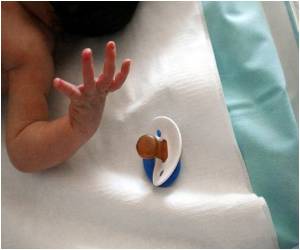
ASD is a neurological disorder that affects brain functioning, resulting in challenges with communication and social interaction, unusual patterns of behaviour, and often, intellectual deficits. ASD affects one in every 120 children and a startling one in 70 boys.
Though all of the causes of ASD are not yet known, research has increasingly pointed towards genetic factors. In recent years, several genes involved in ASD have successfully been identified.
The research team, led by Dr. John B. Vincent, analyzed the gene sequences of 2,000 individuals with ASD, along with others with an intellectual disability, and compared the results to thousands of population controls.
They found that about one per cent of boys with ASD had mutations in the PTCHD1 gene on the X-chromosome. Similar mutations were not found in thousands of male controls. Also, sisters carrying the same mutation are seemingly unaffected.
"We believe that the PTCHD1 gene has a role in a neurobiological pathway that delivers information to cells during brain development - this specific mutation may disrupt crucial developmental processes, contributing to the onset of autism. Our discovery will facilitate early detection, which will, in turn, increase the likelihood of successful interventions," said Dr. Vincent.
Advertisement
The research is published in the September 15 issue of Science Translational Medicine.
Advertisement












